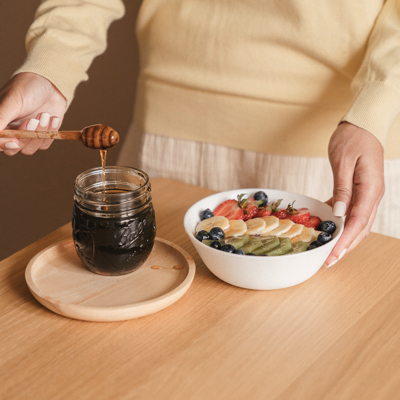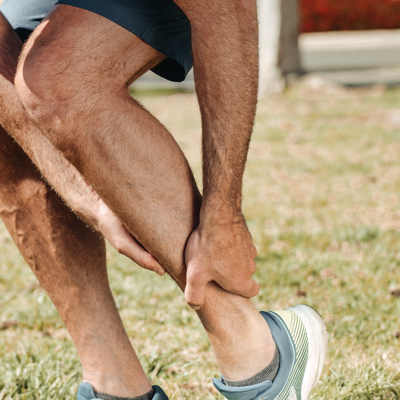We all have different tastes (literally) when it comes to food, and today in the UK the price of some foods is absolutely astronomical. Therefore I have deliberately steered away from prescribing specific foods, but want to highlight the food groups you should focus on. You can then pick your favourite items to eat! Budget and taste is also the reason that I steer away from prescribing meal plans – they are just too personal! Better to equip you with the the knowledge to write your own menu
- Lean Protein:
Protein is the cornerstone of any successful weight loss plan. Consuming adequate amounts of lean protein is important in preserving and building lean muscle mass but also boosts satiety, keeping you feeling full for longer periods. Additionally, protein has a higher thermic effect of food compared to carbohydrates and fats, meaning that your body burns more calories during the digestion and absorption process. Great sources of lean protein include skinless chicken breast, turkey, fish, tofu, legumes, and low-fat dairy products.
- Leafy Greens and Cruciferous Vegetables:
Leafy greens such as spinach, kale, and Swiss chard, along with cruciferous vegetables like broccoli and cauliflower, are low in calories and high in nutrients. They are packed with fiber, which aids in digestion, promotes a feeling of fullness, and helps regulate blood sugar levels. Moreover, these vegetables are rich in vitamins, minerals, and antioxidants, supporting overall health and well-being. Incorporating a generous portion of leafy greens and cruciferous vegetables into your meals can enhance weight loss efforts while providing essential nutrients. Essentially you feel fuller but have consumed minimal calories.
- Whole Grains:
Contrary to popular belief, not all carbohydrates are created equal. Whole grains, such as quinoa, brown rice, oats, and whole wheat bread, are complex carbohydrates that are minimally processed and retain their fiber content. This fibre slows down digestion, keeping you satisfied (feeling full) for longer and preventing blood sugar spikes. Additionally, whole grains offer a range of nutrients, including B vitamins and minerals, providing sustained energy for exercise and daily activities. When aiming for a leaner physique, choose whole grains over refined carbohydrates like white bread or sugary cereals. But make sure you continue to consume an appropriate amount of these Carbohydrates, you will need the energy to fuel your exercise.
- Healthy Fats:
While it may seem counterintuitive, incorporating healthy fats into your diet can actually support weight loss. Healthy fats, such as those found in avocados, nuts, seeds, olive oil, and fatty fish like salmon, provide essential fatty acids and fat-soluble vitamins. Including these fats in your meals promotes satiety (feel full), reduces cravings, and supports the absorption of fat-soluble nutrients. Moreover, they help regulate hormone production and maintain optimal cellular function. However, it is crucial to consume healthy fats in moderation, as they are calorie-dense. This means that what looks like a very small portion on your plate is actually very energy dense (or put another way; high calorie!). To put this in perspective, Fats have twice the calorific value of Carbs – gram per gram.
- Berries and Citrus Fruits:
Berries, including strawberries, blueberries, and raspberries, as well as citrus fruits like oranges and grapefruits, are excellent choices for those striving to get lean. These fruits are relatively low in calories and high in fibre, which aids in digestion and promotes a feeling of fullness. They are also rich in antioxidants, which can help reduce inflammation (which may well be a side effect of your exercise regime) and support overall health. Additionally, the high vitamin C content found in citrus fruits plays a role in collagen synthesis, promoting healthy skin elasticity during weight loss. However, unlike vegetables, most fruits also come with a relatively high level of sugar. This is not necessarily a problem, but certainly something to keep front of mind.
In Summary
Achieving a leaner physique involves a combination of regular exercise, proper nutrition, and a balanced lifestyle (which includes making time to rest and sleep!). While there is no one-size-fits-all approach, incorporating the five foods discussed above can significantly enhance your weight loss efforts. Lean protein, leafy greens, whole grains, healthy fats, and berries or citrus fruits all provide unique benefits that support satiety, nutrient intake, and overall well-being. Remember, it’s not just about what you eat but also about maintaining a calorie deficit and practicing portion control. By making these dietary changes and adopting a sustainable approach, you can pave the way towards achieving your desired lean body composition.




